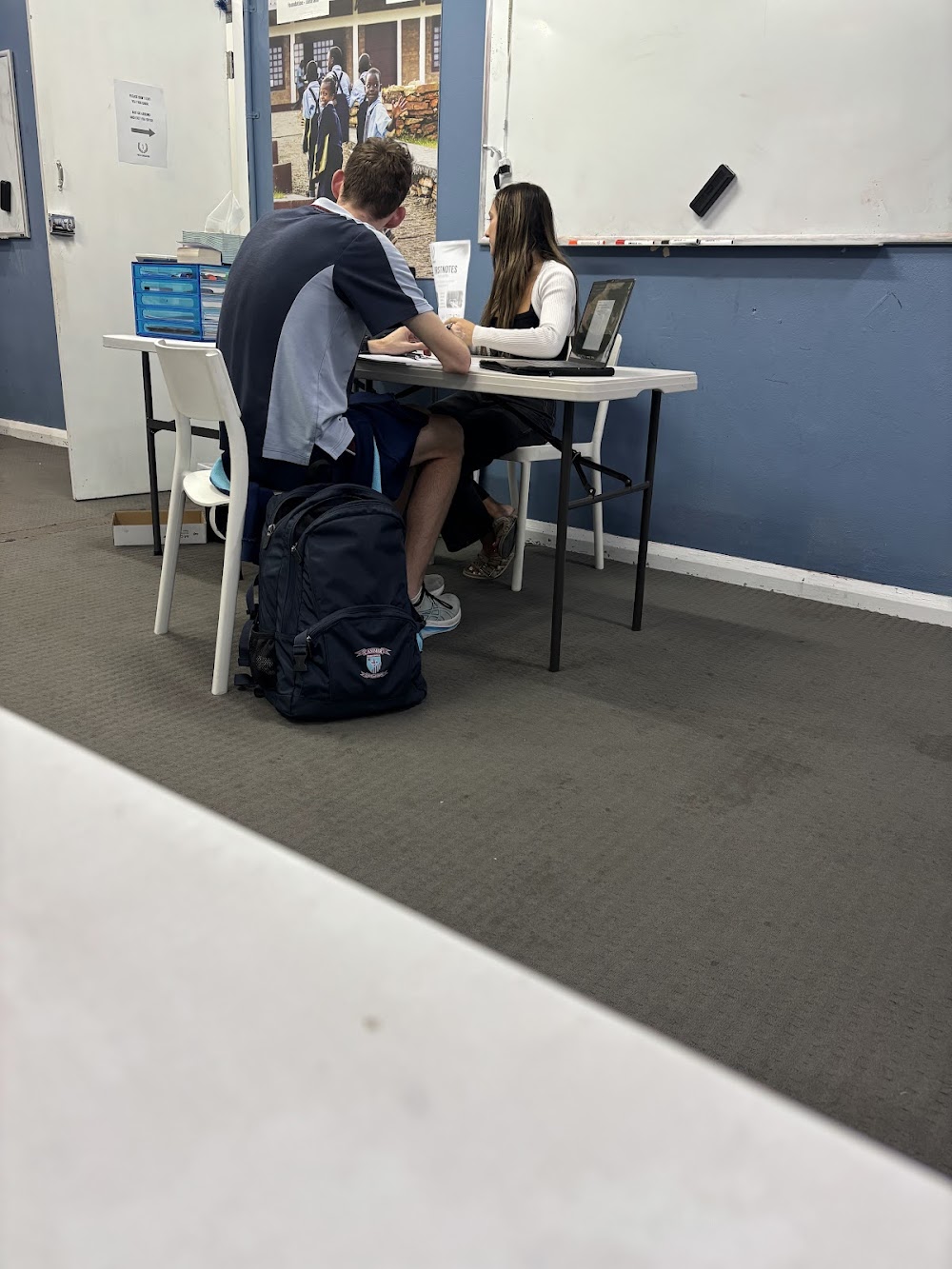
I observed Elise during one of her tutoring sessions with a chemistry student. The session began with a discussion where Elise asked the student what they wanted to focus on that day. This open-ended approach allowed the student to express their learning needs and ensured that the session would be directly aligned with their priorities.
Once they set their goals, Elise introduced some printed First Notes on chemistry to guide their review of Chemistry topics. The focus was on delving into material that was slightly ahead of the student’s current class, enabling them to gain a head start and build confidence for future lessons.
The bulk of the session was centered around working through various chemical equations. Elise and the student went through complex reactions step-by-step, discussing everything from balancing equations to understanding reaction mechanisms. Elise encouraged the student to actively participate by asking them to predict the products of reactions and explain the processes involved. This hands-on approach turned the session into a collaborative exploration rather than a lecture, allowing the student to develop problem-solving skills in real time.
When balancing equations, she made sure the student understood the principles behind the law of conservation of mass. She frequently posed questions like, “Why do you think we need to adjust the coefficients here?” Which helped the student understand the concepts rather than just memorizing the method.
Elise’s ability to adapt was evident. When the student encountered difficulties with certain reactions, she would rephrase explanations or break down the problem into smaller, more manageable parts. By doing so, Elise ensured that the student could overcome challenges without becoming discouraged.
Joseph Taouk

